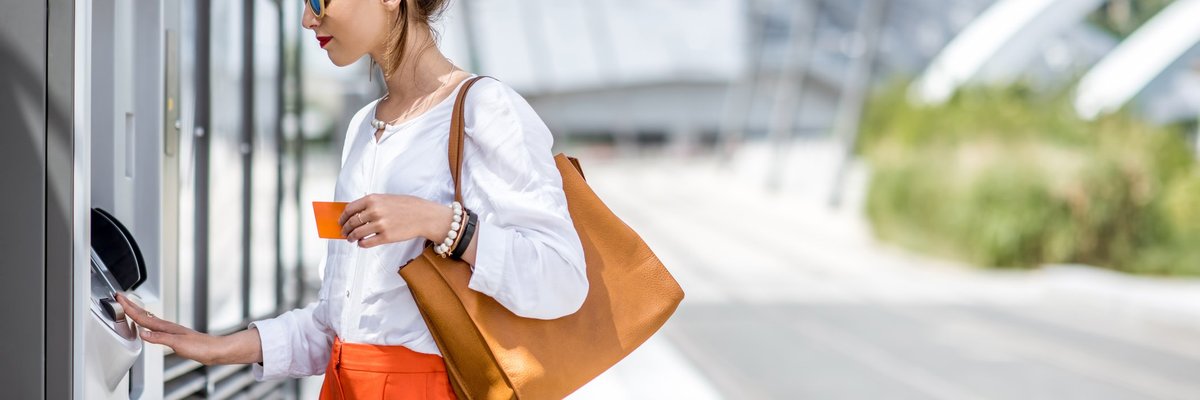Always Do This 1 Thing Before Opening a New Bank Account
The cherry on the new bank account sundae.
As any credit card aficionado can tell you, a big part of finding a new credit card is waiting for the right sign-up bonus. And they're right -- a good sign-up bonus can easily be worth hundreds, if not thousands of dollars.
But what many people don't realize is that rewards credit cards don't have a monopoly on bonuses for new customers. Your favorite bank may also be willing to reward you for opening a new checking or savings account -- and no, we're not talking toasters.
Indeed, these aren't your parents' new-account bonuses. While standard operating procedure used to involve small appliances (I still have that Geroge Foreman grill from my first checking account), modern bank bonuses are of the cold hard cash persuasion.
Earn hundreds of dollars for a new bank account
Whether you're looking for a checking account, a savings account, or even a new brokerage account, chances are good you can find a bank offering a bonus for opening it.
Bonus sizes will vary a lot from bank to bank or even depending on the account type. For example, a bank may offer a $200 bonus for their basic, low-fee checking account, while offering a $300 bonus for opening a higher-tier account with a larger maintenance fee.
What's more, it's not just consumer bank accounts that can benefit from sign-up bonuses. Many business checking accounts can also offer bonuses for new accounts.
Bank account bonuses can often be found just by heading to the bank's website and browsing new account types. But you should also keep an eye out for targeted bonus offers from your current bank -- or a new bank looking to win your business. In some cases, you may even be able to get a great bonus through a referral link from a friend.
Read the fine print for requirements
There's no such thing as a free meal, as the saying goes -- and bank account bonuses aren't necessarily free. The fine print of the bonus offer will typically list a multi-step gauntlet you must traverse before the bonus can be yours.
The most common requirement for earning a bank account bonus is to reach a certain balance threshold. And it's generally not a matter of moving money into your account just until the bonus hits; you'll likely need to keep the money in your new bank account for at least 90 days, though six months is just as common.
It's important to keep any balance thresholds in mind before trying to earn a new account bonus. Since the money usually needs to stay put for a while, be sure you can actually leave the money alone for that time without missing it.
On the other hand, some banks may be more concerned with how the money gets to your new account than how much you have. In particular, it's not uncommon for a new account bonus to require a certain number of direct deposits before you're eligible for the bonus. This is often an easily met requirement, as many folks receive direct deposits from their employers these days. However, there may be some paperwork involved.
Other requirements could include things like making a certain number of debit card purchases in a set period of time. For example, you may need to make 20 debit card purchases in the first 60 days of opening your new account to qualify for the bonus. (Just remember that debit cards have fewer fraud protections than credit cards, so be careful!)
Money for nothing?
To say that bank account bonuses are free money is definitely a bit misleading. After all, you'll likely need to jump through at least a few hoops to earn your bonus.
That being said, if you're already in the market to open a new bank account, it's certainly worthwhile to poke around a bit to see if you can qualify for a bonus while you're at it. Just remember to read the fine print so you don't wind up missing out on a bonus because you didn't meet a simple requirement.
Our Research Expert




